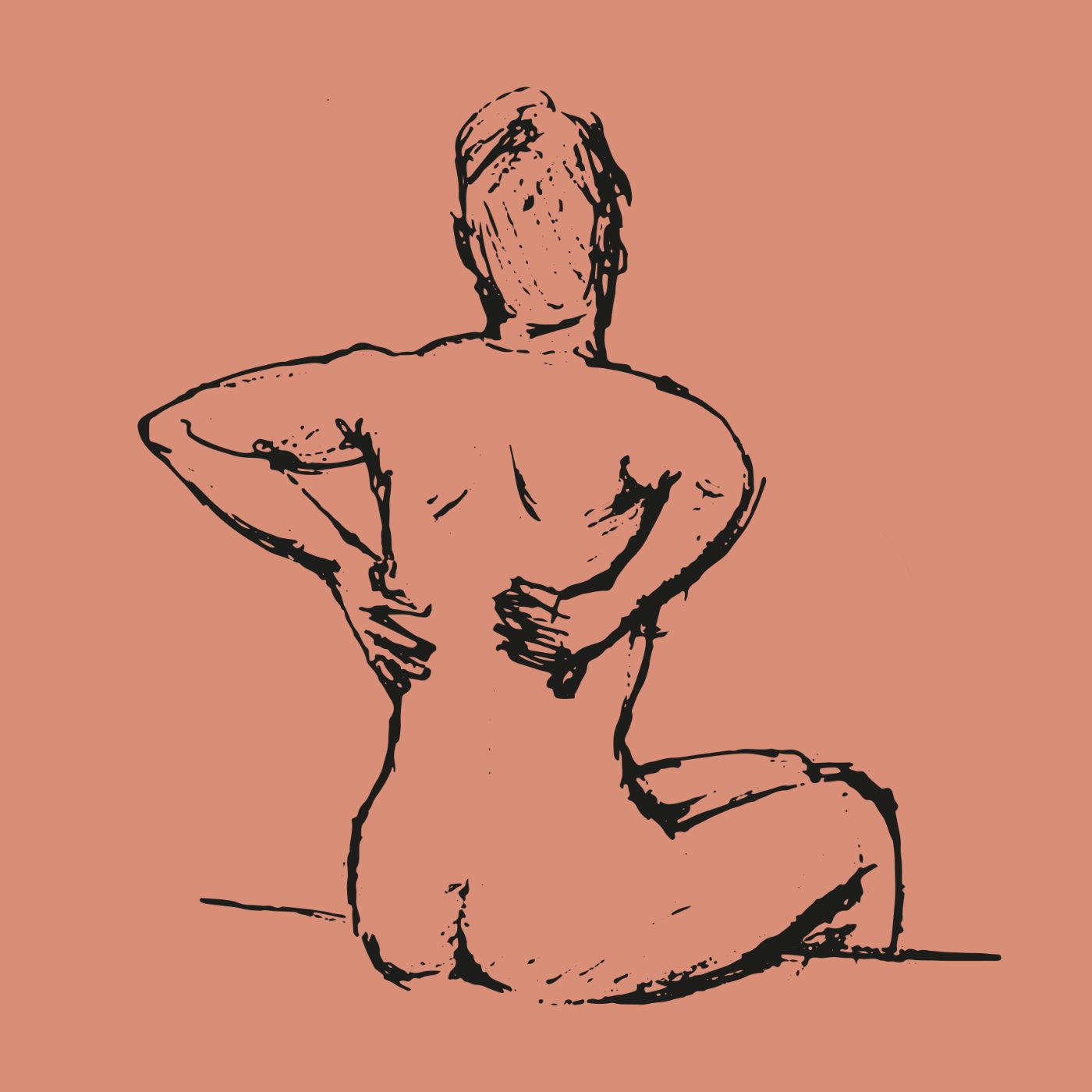Table of Contents
Table of Content
The quick answer: in 2024, compliant, responsibly made CBD products like KLORIS CBD Oil Drops are completely legal to buy and use in the UK.

There's quite a bit more to it though:
Despite growing evidence to support the astounding ways in which the cannabis plant (and the CBD derived from it) interacts with and supports the human body, full legalisation of this particular wonder of nature is not even vaguely on the horizon in the UK. Yet.
There have been movements in recent years which have seen regulations changing – the 2018 introduction of cannabis derived pharmaceutical drug Sativex, containing a 1:1 CBD and THC potency, now means multiple sclerosis patients in the UK have some access to medical marijuana. And in November 2019, The Guardian reported that up to 20,000 patients in the UK were to be given medical cannabis over a two-year period as a study into the potential medicinal use of the drug.
However, while this has been going on, the drug class of cannabis has bounced up and down between being a Class B and Class C drug and the largest hemp (cannabis sativa) farm in the UK, largely used for home-grown CBD products, was ordered to destroy its crop without having their license renewed due to confusion over cultivation and harvesting guidelines.
These guidelines have proved to be confusing and challenging to adhere to - compounded by the growing demand for high quality, regulated CBD products. Hemp, which contains little psychoactive THC is perfectly legal to cultivate in the UK with a Home Office license for the cultivation of Industrial Hemp, however, this is only to be used for preparations containing the mature stalk, fibre, or seeds of the plant.
This presents a problem for the CBD industry, as there is very little CBD found in these parts – CBD is mainly found in the flowers and leaves, which are still treated the same as high THC cannabis and have to be destroyed, making the crop uneconomical.
Selling CBD which has been processed and imported from other countries where cultivation and harvesting is legal is approved. Which is why you’ll find most CBD brands working with farmers in France, Guernsey, Switzerland, Croatia, Portugal, certain states in the US and a few other select places.
And there’s more. But before we dive further into CBD legislation and regulation, let’s take a look at why and how cannabis became illegal in the first place…

A brief history of cannabis law
It’s only in the last century that there has been any kind of prohibition against the use and cultivation of hemp (cannabis sativa) and even high-THC marijuana for that matter. Bizarrely, thanks to the evolution of scientific know-how, this has been during a time when we have begun to understand the relationship between cannabis and the human body and the medicinal potential it holds beyond anecdotal evidence.
The first recorded use of the cannabis plant as a medicine dates back to 2700BC, when it is believed that the ‘Father of Chinese medicine’, emperor Shen Nung prescribed marijuana tea for the treatment of gout, rheumatism, malaria and poor memory. But even before that, evidence has been found to suggest the agricultural growth of hemp as far back at the end of the last ice age. Skip ahead, and upon being gifted the plant from explorers coming in from India and China, Henry VIII actually insisted that all farmers grow hemp and threatened hefty fines if they didn’t.
By the early 18th century, many medical formulations contained cannabis. At this point science had yet to catch up, but thousands of years of successful use was enough for almost all physicians to feel confident in readily prescribing it. Unfortunately, this was also along with morphine – a highly addictive and potentially lethal drug which, by the 19th century, many people had developed a serious problem with.
As a result, the US introduced the Food and Drug Administration (FDA) and created the Pure Food and Drug Act in 1906. By 1914, drug use was defined as a crime for the first time ever although cannabis was still not made illegal in the US for medicinal and industrial purposes. The UK joined them and made recreational cannabis use illegal in 1928. Moving forward to the 1960s, President Richard Nixon waged his ‘war on drugs’ banning all cannabis under the 1971 Misuse of Drugs Act as a class B substance, claiming that the plant was of no medicinal use. Speculation since has suggested there were ulterior motives at play here, including a chance to criminalise those of African American and Latin American descent. Again, the UK followed suit.
So, where does CBD come in?
At the same time as the media uproar and propaganda against the growth and use of hemp and marijuana, huge breakthrough findings were taking place behind the scenes.
The first partial structure of CBN (cannabinol) was discovered in the 1930s by British chemist Robert S. Cahn, leading to the full identification in 1940. Following that, in 1942 American chemist, Roger Adams, successfully identified and isolated CBD and soon after, THC. However, at this point there was no understanding of which molecules were causing which effects and more importantly, why.
All that changed when Dr. Raphael Mechoulam, hailed as the Godfather of CBD, began to uncover some of the inner workings of CBD and THC, partly through one significant study where 8 epilepsy patients were given 300mg of CBD daily for four months. Half of the subjects stopped having seizures completely after the trial and the others noticed a dramatic improvement.
But the real understanding of how CBD and THC (and since, other cannabinoids and terpenes besides) interacts with the human body first came to light when the first endocannabinoid, Anandamide, was found in the 1990s, quickly followed by the discovery of an unknown molecular signaling system: the endocannabinoid system. A totally transformational moment in cannabis study.
In 1996, California re-legalised medical marijuana and numerous other states did the same over the next 10 years. A number of other countries also relaxed cannabis laws, making way for essential trials and research to learn more about the plant and the impact CBD and over 120 other cannabinoids have on the human body. But laws surrounding CBD and cannabis use in the UK remain very tight.
CBD law in the UK – a 2024 overview
Although regulations surrounding CBD in the UK are pretty firm, there has been a lot of movement in the industry and, undoubtedly, more change is yet to come. However, what that will look like is anyone’s guess.
What we do know is that:
- CBD products sold in the UK are not for medicinal use. They are considered to be a food supplement when ingested or a cosmetic when applied topically.
- Selling CBD products processed outside of the UK is legal in the UK, providing they contain no controlled substances such as THC or CBN and are derived from approved strains of hemp.
- THC remains illegal for general sale in the UK. The maximum legal limit in England is 1mg per container (regardless of how much product is within), which effectively means a non-detectable amount for most products.
- Medicinal cannabis (containing THC) has been legalised for prescription in the UK for special cases.
- CBN is also considered to be a controlled substance and is illegal in the UK.
- The Misuse of Drugs Act (MODa) makes no distinction between hemp, cannabis or marijuana.
- CBD flower is not legal in the UK. Products made using CBD flower extract are though.
- Cannabis oil is not the same as CBD oil. Cannabis oil is usually referring to an extract which contains THC and is therefore illegal in the UK.
- Brands selling ingestible CBD products in the UK must have submitted a Novel Food Application by March 2021 (more on this below).
- CBD is still an unregulated market in the UK (more on this below).
- Can I travel from the UK with CBD? This is an even more complicated question, which we address in this article.
CBD & Novel Foods
The Food Standards Agency set a deadline for all UK CBD companies selling products for consumption to submit a Novel Food Application by the 31st March 2021. This does not apply to topical products like our CBD Balm, which have to comply with stringent cosmetics regulations.
Only consumable products (like KLORIS CBD oil) which are linked to a validated application are allowed to stay on the shelves.
During this transition period, no new CBD products for consumption are allowed to come on the market without a fully authorised application (not just validated, but fully completed, a process which can take over a year) - meaning that from 1st April 2021 consumable CBD products which launched in the UK after 13th February 2020 are not able to be legally sold.
Those CBD products available before this date, which are linked to a validated application (like KLORIS) are able to remain for sale while the authorisation process takes place.
But what does a submitting Novel Food Application entail? What does this mean for CBD products?
In short, it should hopefully lead to better quality products through tighter regulations and analysis of products available to buy. This is a good thing, as currently the CBD market is highly unregulated and many CBD products contain no CBD at all, THC levels higher than the legal limit as well as heavy metals and chemicals you do not want to be putting into your body.
When a CBD company submits Novel Food Application, their products must be sent for full analysis, including:
It is an expensive and lengthy process, meaning sadly it will likely result in the closure of many CBD businesses who can’t afford to go through the rigorous testing.
The CBD industry is still maturing
At the moment, there are many CBD products available in the UK which contain little to no CBD at all (despite stating they do), as well as products which contain higher than legal levels of THC and toxic substances.
This isn't so much about specific regulations but more about enforcement - after all, Trading Standards and Product Safety laws that make such practices illegal for any products have been around for a long time. While this evolves, as always, it’s down to you as the consumer to do your research and know that you’re only buying from the best.
Third-party testing and lab reports that are available for you to read are a must. If they’re not available on the website, ask for them. If a brand says they don’t have them or won’t pass them over for you to look at, walk away!
As the science of cannabinoids and the ECS is still so fresh, there’s still a lot to learn about this wonderful plant. But now, 30 years on from the discovery of these, results from long-awaited, in-depth trials and studies are finally coming to light. The more we find out, the more incredible it all appears to be and we can only hope that legislation will continue to evolve accordingly.
For now, you can rest assured that KLORIS is dedicated to earning our customers’ trust and pushing the CBD sector forward through exemplary standards. We’re all for complete transparency of our product testing and we’ll strive to continue to educate the world on the ever-changing CBD landscape.
Where can I buy legal CBD in the UK?
You should always buy CBD oil from a trusted brand like KLORIS - one with good independent reviews and that's stocked with major retailers like Amazon who have stringent quality checks.
Click here to try our free tool to find the best way to use CBD to suit your needs.




